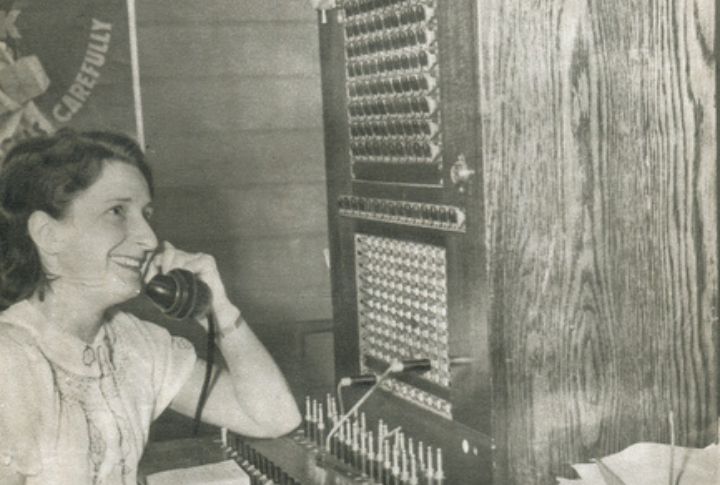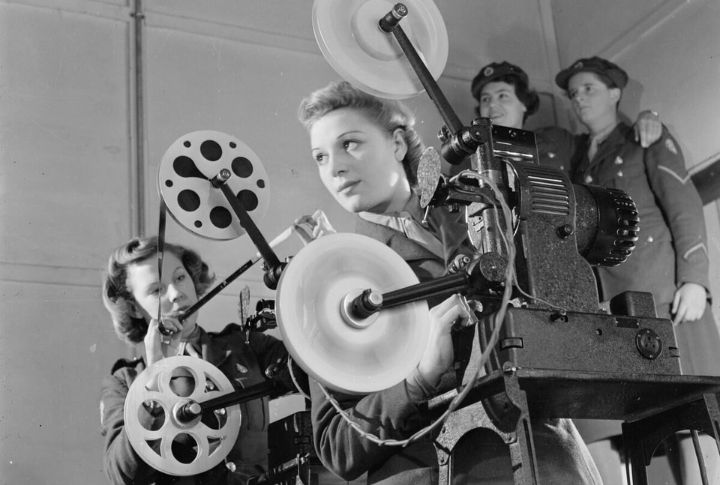Lifestyle
10 Jobs That Are Rapidly Declining In The Digital Age

Technology is reshaping the workforce faster than ever, leaving once-common jobs struggling to survive. Automation, AI, and digital services are streamlining industries, making human roles less necessary. Some careers are fading quietly, while others are disappearing before our eyes. Here’s a look at ten jobs that may soon be a thing of the past.
Newspaper Reporters

The newsroom isn’t what it used to be. With print circulation dropping and digital-first models cutting back on staff, things have changed a lot. Journalists are now up against AI-generated content and shrinking ad revenue. As a result, many are turning to freelance work or PR roles. While investigative reporting is still important, traditional beat reporting is becoming harder to find.
Bank Tellers

Remember the bank teller who knew your name and slipped you a free lollipop? Well, an app that barely greets you has taken its place. ATMs, mobile deposits, and AI chatbots have taken over, and banks love it—no salaries, no sick days, just pure efficiency. But hey, at least the app won’t judge your spending habits.
Telemarketers

Spam filters and the hassle of cold calls have made telemarketing less common. Now, AI chatbots and automated sales funnels are taking over the work that used to be done by people. Consumers still want personal service, but they definitely don’t want it from a stranger calling during dinner.
Cashiers

Self-checkout kiosks and mobile payments are slowly replacing the friendly cashier. Big retailers are investing in automated checkout systems to cut labor costs and reduce wait times. While some customers still prefer human interaction, companies are focused on speed and efficiency, making cashier jobs increasingly rare in retail.
Switchboard Operators

There was a time when switchboard operators connected calls across towns and cities, making sure everything went smoothly. Now, digital systems take care of it all automatically. Some still play a role in emergency services, but most of these jobs have disappeared.
Movie Projectionists

The magic of threading film through a projector is now nostalgia. Digital cinema has made traditional projectionists almost extinct. Large theater chains use automated systems, and smaller cinemas struggle to survive. Once an art, film projection is now just another function of a machine.
Postal Workers

Letter carriers are seeing fewer letters and bills as email and digital payments take over. While package delivery is still going strong, private couriers like Amazon and UPS are growing faster than traditional postal services. At this rate, six-day mail delivery could soon become a thing of the past.
Lumberjacks

Environmental concerns, automation, and sustainability efforts are reshaping logging. Machines now cut down trees faster than ever, while reforestation policies are limiting large-scale deforestation. Timber continues to be important, yet the need for traditional loggers is diminishing fast.
Watch Repairers

Timepieces have evolved from intricate mechanical works of art to disposable gadgets. With the rise of smartwatches and mass-produced quartz models, skilled watch repairers have become rare. Most people choose to replace a broken watch rather than fix it, as replacements are cheaper and easier to find.
Travel Agents

Travel agents, once the gatekeepers of dream vacations, are now up against DIY booking sites and AI-powered trip planners. While personalized service still has its place, mass-market agencies are disappearing quickly. Unless they can offer highly specialized expertise, human travel consultants might soon be a thing of the past.

